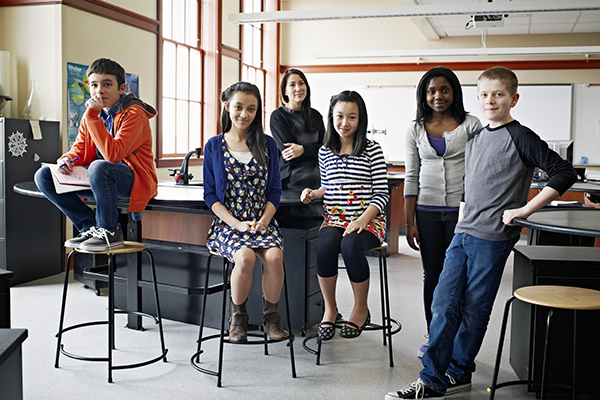Bullying and cyberbullying are realities that millions of children and adolescents face every day, but are we really prepared to stop them? Although school violence is not new, its visibility has increased alarmingly, which demands an immediate response from our educational institutions. Dr. Carme Panchón, an expert in bullying prevention and intervention, stresses that training in this area is not only a right, but an obligation for those who interact with young people. This article will break down how both families and schools can take effective action to combat bullying, and why training is the most powerful tool in this process.
Bullying and cyberbullying: a problem that requires urgent attention
School violence, in its various forms, remains one of the main challenges worldwide. Although its manifestations have changed over time, its impact continues to be devastating for victims. It is urgent to recognize that bullying is not just a problem of young people, but a collective concern that requires a decisive response from all sectors of society.
Effective strategies to combat bullying
Combating bullying is not a task for one party alone; it must be a joint effort between families and schools. For families, the first step is active listening: creating a space of trust where children feel safe to share their experiences. Schools, for their part, must be aware of the importance of having flexible educational plans that include teacher training and the intervention of professionals who act in moments outside the classroom. Collaboration between these two fronts is essential to create a healthy educational environment.
Bullying training
Training in the prevention and management of bullying is fundamental for both educators and families to be able to intervene effectively. It is not just a matter of detecting a case of bullying, but of understanding the dynamics that feed it and the tools needed to stop it in time. As Dr. Panchón emphasizes, this training should be considered a right, allowing everyone involved in the lives of students to be equipped to prevent and address bullying appropriately.

The profound impact of bullying
Bullying does not only affect the victim; aggressors and witnesses also suffer the consequences of this phenomenon. Victims can face severe emotional problems, such as anxiety or depression, and low self-esteem that affects their academic performance. The aggressors, for their part, often experience difficulties in their social relationships, perpetuating a cycle of violence. Witnesses, by not intervening, also contribute to the normalization of violence. Hence the importance of involving everyone in the solution.
The essential role of every member of the educational community
Bullying is a complex problem that requires the commitment of everyone: educators, families, students and the community in general. Only with a comprehensive educational intervention will we be able to build safe spaces where young people can develop without fear. Dr. Panchón reminds us that the time to act is now, and that the fight against bullying begins with education, awareness and collaborative action. We all have a role to play in this change.
Boost your career
The Master in Education with a Specialty in Teacher Training prepares you to face educational challenges, such as bullying, with effective pedagogical tools and strategies. This program strengthens your competencies in educational management, conflict resolution and inclusion, providing you with the necessary skills to promote an environment of respect and coexistence in the classroom. If you are looking to advance your career and generate a positive impact in the educational field, this master’s degree is the ideal opportunity for you.
Sources:
“Training in bullying is not only essential, it is a right and an obligation.”

